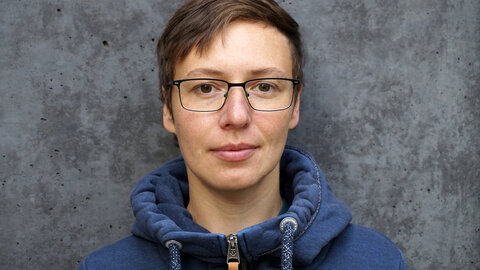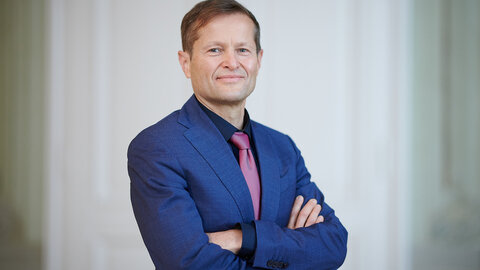excellent=austria: 45 Consortia Competing for Emerging Fields Funding

45 consortia submitted their ideas for the first call for proposals of the second track of the excellence initiative excellent=austria. The Emerging Fields program is aimed at teams of outstanding researchers who are doing pioneering work in basic research and are prepared to depart from established approaches. The FWF budget will cover approximately five approved projects, meaning that the number of proposals submitted is about ten times as many as can be funded. “I am very pleased to see the wide variety of subjects, including proposals from the field of arts-based research,” said FWF President Christof Gattringer after reviewing the first applications. “The goal of the Emerging Fields program is to jump-start innovation; researchers can take more risks and explore unconventional research ideas. These applications confirm the high level of demand for this type of funding,” Gattringer concludes.
Universities and non-academic research institutions from all over Austria
The lead research institutions of the 45 consortia read like a “Who's Who” of Austrian research: the Universities of Vienna, Graz, Salzburg, and Innsbruck; the Medical Universities of Vienna and Innsbruck; the Technical Universities of Vienna and Graz; the Montanuniversität Leoben; the University of Natural Resources and Applied Life Sciences Vienna; the University of Veterinary Medicine Vienna; the University of Applied Arts Vienna; the University Mozarteum Salzburg; the University of Arts Linz; the Academy of Fine Arts Vienna; the Austrian Academy of Sciences (ÖAW); the Institute of Science and Technology Austria; the Research Institute of Molecular Pathology; the Gregor Mendel Institute of Molecular Plant Biology, and the St. Anna Children’s Cancer Research Institute.
Three-stage decision-making process ensures highest quality
In a first step, an international, multidisciplinary jury will assess each of the 45 applications based on a three-page synopsis, to determine whether they have the potential to implement highly transformative and innovative ideas. Only those applications that pass this initial assessment are then sent out for international review. Based on the results of these reviews, the FWF Board draws up a shortlist of projects. Shortlisted teams are invited to a hearing to present their proposal to the jury, which then makes its funding recommendations. The FWF Board is expected to make a final decision on the first Emerging Fields applications in March 2024.
Original, high-risk ideas
The aim of the program is to give researchers the opportunity to pursue particularly innovative, original, or high-risk ideas that are often not sufficiently supported by traditional funding instruments. These ideas should have the potential to transform a research field or bring about paradigm shifts in a discipline or across disciplines. The program is particularly open to interdisciplinary teams and also to researchers involved in arts-based research who apply aesthetic and artistic methods, as well as to transdisciplinary approaches that involve non-academic participants from outside the scientific community.





